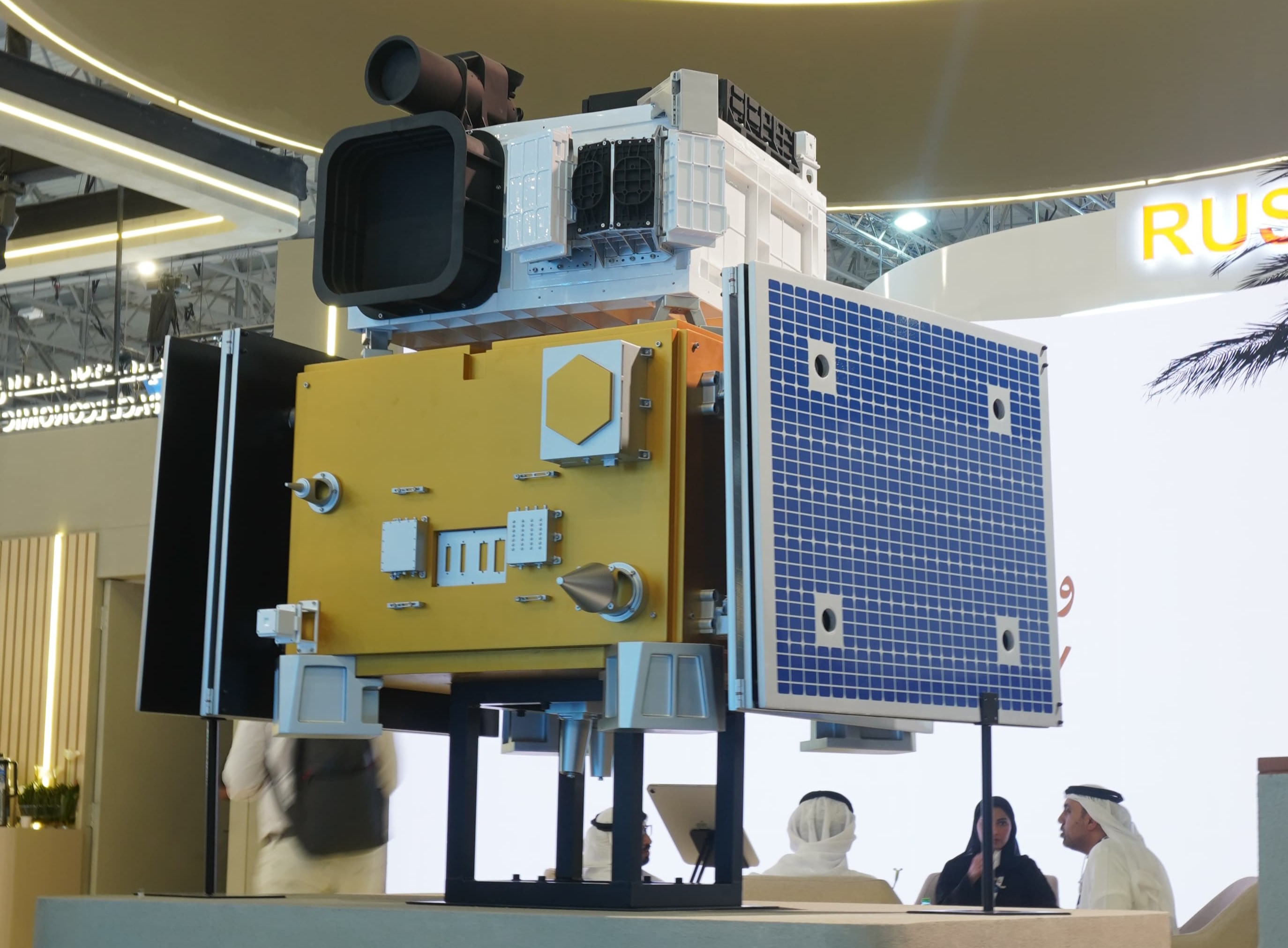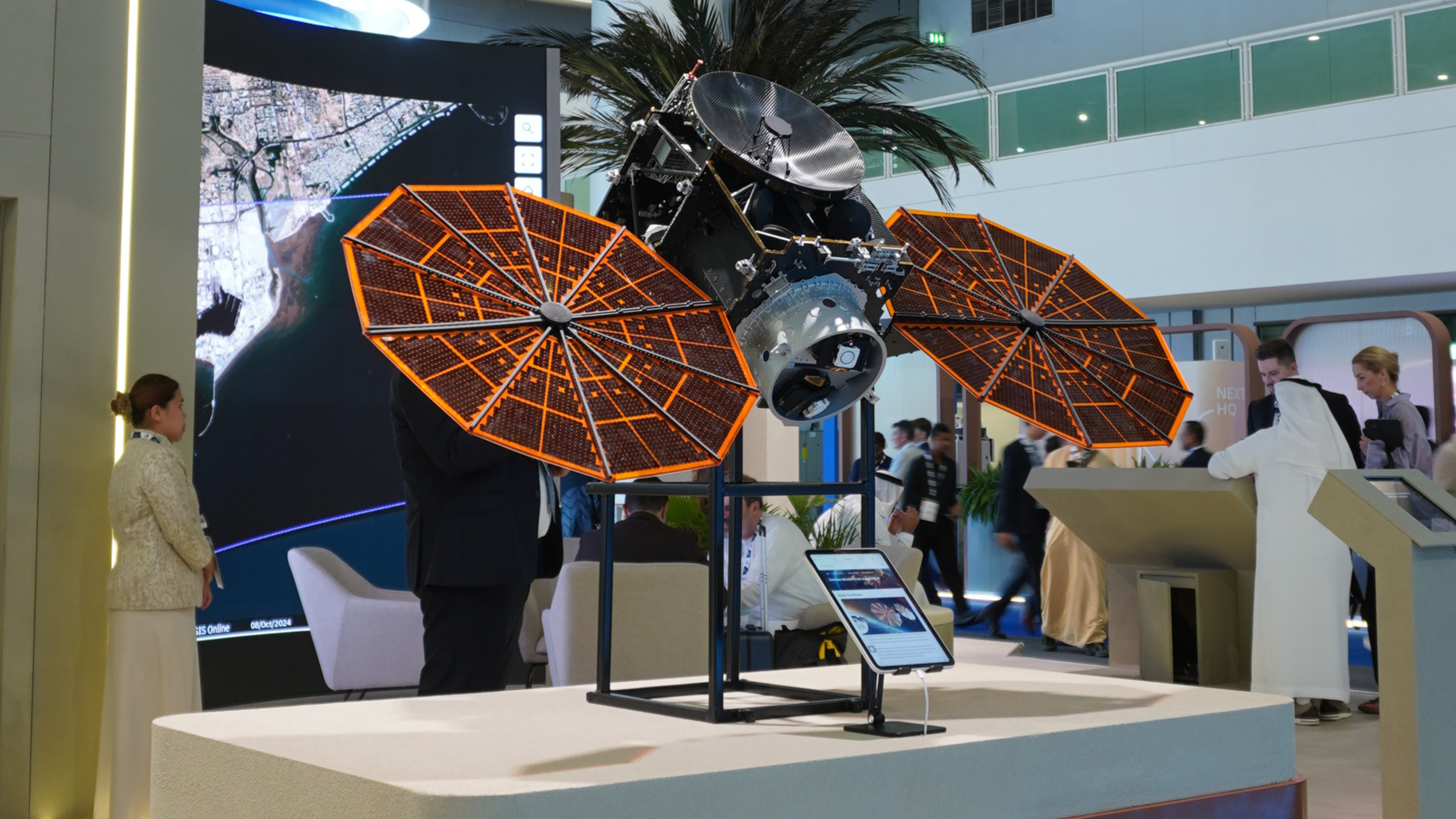Unlocking the Power of 3D Scanning in Modern Design: A Beginner's Guide
Have you ever wondered how designers and engineers create such precise digital models of real-world objects? The secret lies in a fascinating technology called 3D scanning. Let's dive into this game-changing tool that's revolutionizing industries from manufacturing to healthcare.
What Exactly is 3D Scanning?
Imagine taking a photo that captures not just the color and shape of an object, but its entire three-dimensional structure. That's essentially what 3D scanning does. It's like giving your computer eyes to see and understand the physical world in three dimensions.
How Does the Magic Happen?
Picture this: a beam of light dances across the surface of an object. As it moves, the scanner measures how the light bends and reflects, creating a digital "map" of the object's shape. This map is made up of thousands (or even millions) of individual points, forming what tech experts call a "point cloud."
The Many Flavors of 3D Scanners
Just like cameras come in different types for various purposes, so do 3D scanners:
# Laser Triangulation Scanners: These are the precision masters, using laser beams to capture intricate details.
# Structured Light Scanners: They project patterns of light, perfect for scanning larger objects quickly.
# Photogrammetry: This clever technique stitches together multiple regular photos to create a 3D model.
# Time-of-Flight Scanners: These measure how long light takes to bounce back, ideal for scanning rooms or landscapes.
Why 3D Scanning is a Game-Changer
Speed Demon: Capture complex shapes in minutes, not hours or days.
Accuracy is King: Get measurements so precise, they'd make your high school math teacher proud.
Versatility Virtuoso: From scanning buildings to creating custom dental implants, the applications are endless.
Bringing Scans to Life in 3D Design
Once you've got your 3D scan, the real fun begins:
Reverse Engineering: Have a product but no blueprints? No problem! Scan it and recreate the design from scratch.
Prototype Perfection: Quickly modify scanned objects and 3D print new prototypes, speeding up the design process.
Quality Control Superhero: Ensure products match their original designs with pinpoint accuracy.
The Future is 3D
As 3D scanning technology continues to evolve, we're seeing it pop up in unexpected places. Imagine trying on clothes virtually using a 3D scan of your body, or preserving priceless artifacts in digital form for future generations.
From helping engineers design safer cars to allowing artists to create mind-bending sculptures, 3D scanning is opening up a world of possibilities. It's not just changing how we design and create – it's changing how we see and interact with the world around us.
So, the next time you marvel at a perfectly crafted product or a stunningly accurate digital model, remember: there's a good chance 3D scanning played a part in bringing that vision to life.
Have you encountered 3D scanning in your work or daily life? Share your experiences in the comments below!







